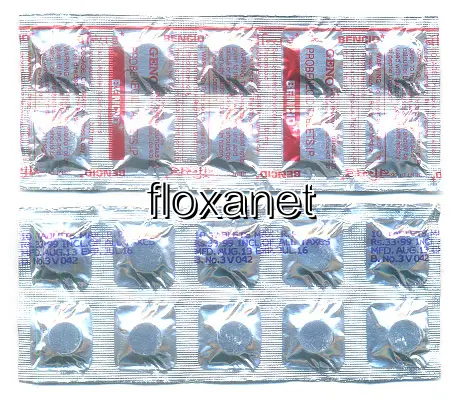Buy Probenecid Online in Australia
| Package | Dosage | Price | Price per Dose | |
|---|---|---|---|---|
| Dosage: 500mg | ||||
| 360 pill | 500mg | AUD674.36 | AUD1.87 | |
| 180 pill | 500mg | AUD364.78 | AUD2.03 | |
| 120 pill | 500mg | AUD268.16 | AUD2.23 | |
| 90 pill | 500mg | AUD218.86 | AUD2.43 | |
| 60 pill | 500mg | AUD167.59 | AUD2.80 | |
| 30 pill | 500mg | AUD114.35 | AUD3.79 | |

Probenecid Description
Introduction to Probenecid
Probenecid is a well-known medication primarily used to manage gout and certain types of kidney stones. It belongs to a class of drugs called uricosuric agents, which help lower uric acid levels in the blood. Elevated uric acid can lead to gout attacks, characterized by painful joints and inflammation. By promoting the excretion of uric acid through the kidneys, Probenecid offers a targeted approach to controlling hyperuricemia.
Mechanism of Action
This medication works by inhibiting the reabsorption of uric acid in the renal tubules. Specifically, it blocks the URAT1 transporter, which is responsible for reabsorbing uric acid back into the bloodstream. As a result, more uric acid is eliminated via urine, reducing its accumulation in the body. This mechanism makes Probenecid an effective choice for patients with gout or uric acid kidney stones, especially when lifestyle changes and dietary adjustments are insufficient.
Effectiveness and Benefits
Many patients find Probenecid effective in decreasing the frequency and severity of gout attacks. It is often prescribed as part of a long-term management plan. Beyond lowering uric acid, it can also prevent the formation of new kidney stones caused by uric acid crystallization. Its ability to promote uric acid excretion makes it beneficial for patients who do not tolerate other medications or who require an alternative approach. Some studies suggest that, when used correctly, Probenecid can significantly improve quality of life for those suffering from chronic hyperuricemia.
Usage and Dosage
The medication is usually taken orally, with doses tailored to each patient's needs. Initially, a low dose may be recommended to monitor the body's response. Gradually, the dose can be increased under medical supervision. It’s vital to stay well-hydrated while using Probenecid, as dehydration can increase the risk of kidney stones. Regular blood tests and urinalysis are often required to ensure the medication is working properly and to check for potential side effects.
Possible Side Effects
While many patients tolerate Probenecid well, some experience side effects. Common issues include gastrointestinal disturbances such as nausea, vomiting, or indigestion. Allergic reactions are rare but can occur, presenting as rash, itching, or swelling. Kidney stones are a notable concern, particularly if fluid intake is insufficient. Patients with history of kidney problems should consult their healthcare provider before starting Probenecid. Monitoring kidney function and uric acid levels helps prevent complications and ensures safe use of the drug.
Precautions and Interactions
Probenecid should be used cautiously in patients with impaired kidney function or other underlying health issues. It can interact with other medications, such as certain antibiotics, aspirin, and diuretics. For example, high doses of aspirin can reduce the effectiveness of Probenecid, whereas it can also increase the risk of side effects. Patients should always inform their healthcare provider about all medicines they are taking. Adequate hydration and routine monitoring are essential to minimize risks and optimize treatment outcomes.
Conclusion
Overall, Probenecid remains an important option for managing gout and hyperuricemia. Its ability to lower uric acid levels by increasing renal excretion makes it a valuable medication for suitable patients. However, careful dosing, regular medical check-ups, and attention to potential side effects are crucial to ensure safe and effective therapy. When used responsibly under medical supervision, Probenecid can significantly contribute to improving the life quality of people with uric acid-related conditions.
